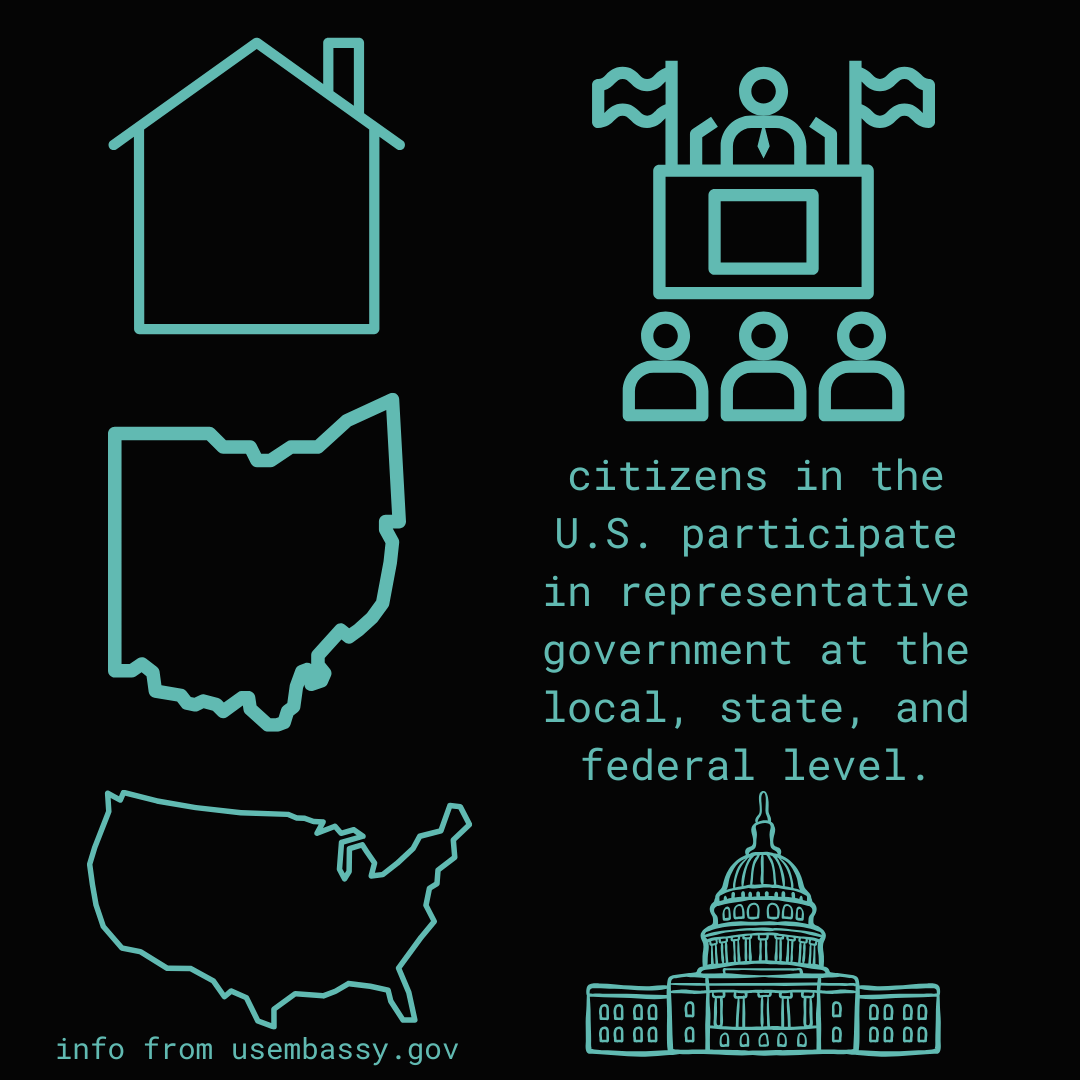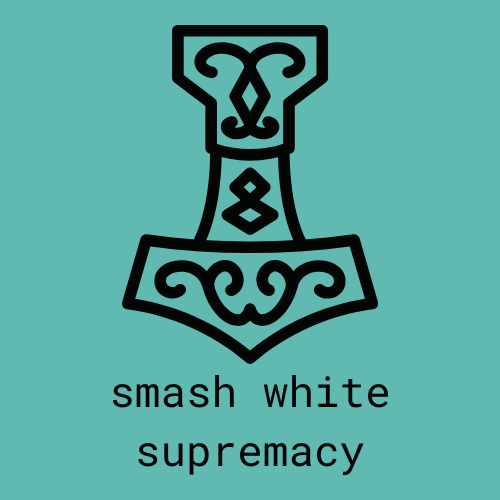A Witchcraft Primer For White People
Witchcraft and paganism practiced by white people in the United States is rife with cultural appropriation and racism. This is not only inherently counter to one’s spiritual practice, but causes direct harm in real time to other people, ourselves, the very land we occupy.
While this is not a complete primer, it will assist as a guide for white people in the U.S. who do not ascribe to Christianity–and don’t know where to start with witchery.
The original article used the word “woke.” This is problematic for white people to use, and I listen to Black women. For that reason, and to demonstrate that it is possible to admit that one is wrong, I will apologize for the use of the word; and substitute the term, “antiracist” instead.
Terminology and Language Matters
There are different terms for different types of spiritual practice that is not monotheistic. Each individual is able to explore the wealth of information available regarding what works for them. My own experience with paganism began in high school–and this was just as the Internet was becoming live. Most of the information accessible to me was through library books. Today, there is literally no limit to information and platforms for how to practice paganism or witchcraft; and how you choose to identify is up to you.
For clarity’s sake, I will use “witchcraft” here, though this doesn’t have to be a word that resonates with everyone.
Wicca, Cultural Theft, and Sexism
The first author I resonated with regarding paganism was Scott Cunningham, (no relation) who wrote extensively about wicca in the late 20th century. I can still gather information that resonates with me in his books, some of which I still have.
Wicca, however, is rife with harm. It gained popularity by actively stealing and misusing a number of pre-Colonial, closed practices, from the global majority.
Like language, which can have culturally specific meaning for Black people and those of the global majority that do not benefit from white supremacy, we must be humble and change as we learn and strengthen our practice. Appropriation of terminology and ritual is unlikely to bring us what we want to experience, so embracing ongoing education and learning is key.
What Is a Closed Practice?
“Closed practices are spiritual ways enclosed with a certain ethnic or racial background. In order to practice it, you must be part of it, either by birth or through initiation.” –Zoe DeFazio
White people cannot, in my opinion, authentically ground ourselves in a spiritual practice if we don’t know where we come from ourselves–and how to not steal from other religions and cultures.
Witchcraft is an opportunity for white people to make it our business to learn where our families come from, and also learn from whose lands we are wrongfully settled on.
This matters for many reasons: one, most forms of witchcraft center an understanding of oneself in the greater world; spiritually and tangibly. What kind of intention can we set if we are actively harmful to our place in the world; whether we are unwittingly harming our environment, or stealing a practice or words which are not ours?
Our own ancestors have caused a great deal of intergenerational harm, and it’s okay and essential to understand these histories.
It is essential to learn not only what is closed practice, (such as smudging or VooDoo) but to dedicate ourselves to authentic practice that is not stealing from anyone.
My Witchcraft Practice As A White Person
I am settled in a blend of Celtic and Nordic, (specifically Finnish), pre-Christian, spiritual belief. Like many others before me have written about spiritual practice, I have felt “drawn” to specific “witchy” things most of my life: divination, ancestral connection, and astrology, for instance.
When I was a child, I had a dream once that a deer was running to me. As it got closer, the deer turned into an adult man with antlers and deer body.
Do you have any idea how cool it was for me to find out in adulthood that the Celtic god Cernunnos is known to appear to people in dreams when he has important information for them?
I’ve since fed my curiosity to listen to internal experiences such as this, and incorporate it into my life.
This is how my witchcraft works for me. Yours may be different for you, but it also provides me a root to connect myself to seeing my own family history in a de-colonizing lens.
How?
The Cool Stuff You Learn Along the Way
Following the internal curiosity, I allowed myself to open up my religious trauma. At least a tiny bit. My biggest issue was allowing myself permission to trust that I can explore things and “nothing bad will happen” if I do.
If I read an article or watched a TikTok about why burning sage is cultural appropriation and how it directly harms the Earth, and felt an emotion about it–I sat in it. And maybe I even left and came back to it. When I first learned Wicca specifically was incredibly rife with problematic whitewashing of global cultures…I accepted that this made me angry.
And I stopped doing what I learned was harmful, because I believe people when they tell me something that I do not understand from my own experience.
Eventually, I become curious again, even if I have difficult feelings around gaining this knowledge. Most of all, I am grateful to have access to information that will improve my relationship to myself and the world I live in.
Ancestry
I’ve followed the inner voice to digging in to my family tree. Cernunnos inspired, I have since found a great aunt no one in the U.S. knew existed on the Irish part of my tree.
Once I started digging into U.S. records, I connected to distant relatives who were looking for my great-grandfather. Now I know that I have family on three separate continents, and a great aunt who, believe it or not, was named Lily. While my great-grandfather was fleeing Ireland and the Potato Famine, he stopped in Scotland, married someone, and they had a child.
Maybe I’m easy to please, but this is invaluable to me. It is incredible to me to learn about the people who came before me; and how this relates to me, in the present.
The seeming existence of the “good” or “bad” binary is there due to my religious trauma; sometimes I have to walk away from the family digging. But the curiosity always draws me back.
Finnish witchcraft resonates with my beliefs related to how I see myself and place in the world. Ancestral work has always resonated with me, and this has been a practice in Finnish witchcraft long before Christianity existed. This resonates with my work and personal life; and it was exciting to learn that my ancestors may have had beliefs similar to those I had already formed; I just didn’t know it yet.
Neo-Paganism and Hate Groups
White supremacy permeates and narrates most of my life experience. I work against it’s internal messages, most of which were passed on to me by the adults around me. White supremacy culture is the norm in the U.S. Accepting and working against this is what I do.
White supremacists, on the other hand, embrace the false reality of inherent godlike status because of their whiteness. This translates often in the misuse of old religions and their symbols: like runes. It does not focus on the self and protecting others and the world: it is ego focused, hateful, and misuses our shared heritage. This does not need to be an organized group, like those listed below, but it can include them.
Odinism and The Asatru Folk Assembly
An offshoot to Nazi-approved Odinism was practiced by the Third Reich, and a favorite bastardization of beliefs favored by the American Nazi Party. It, and it’s misuse of old-world faiths, is alive and thriving in the U.S. today. The Asatru Folk Assembly, identified by the SPLC as “the largest neo-Völkisch hate organization in the United States,” is a whites-only, fear-focused, organized church.
Unlike closed practice as described above, Asatru Folk Assembly focuses on specific traits attributed to white people only to form membership. This is NOT what closed practice is.
Witchcraft Asides for White People To Consider:
When making purchases for magical objects, who are you purchasing from? Who benefits from the purchase? How does the land you’re on benefit? The environment?
If you are white and consider yourself an ally, always do research before making purchases.
Purchase from reputable Black-owned and Indigenous-owned shops when possible.
If you have a local witch shop that is owned by a white person selling sage, ask them if they know how this is damaging our planet in addition to cultural appropriation; and would they consider no longer selling it?
I happen to be a solitary practitioner, though others who have similar and cohesive, shared beliefs, definitely practice together!
Terminology is not uniform, and because there is a lack of clear knowledge of these gods, trusting oneself in the practice can be the most difficult yet rewarding, work of all.
Nazi imagery and other white supremacy imagery is increasing in the U.S. The watchful, antiracist, white people using witchcraft for the cause of abolition would do well to learn about the ways in which today’s (and yesterday’s) white supremacists abuse and misuse our shared heritage.
Resources:
Podcasts such as Exvangelical are on my page for those of us working on the feelings of guilt, shame, or fear that comes sometimes if one has a Christian upbringing.
Know whose land you’re on.
Where you come from?
Know the symbols of hate.
If interested in Finnish paganism/shamanism.
About Cernunnos.




